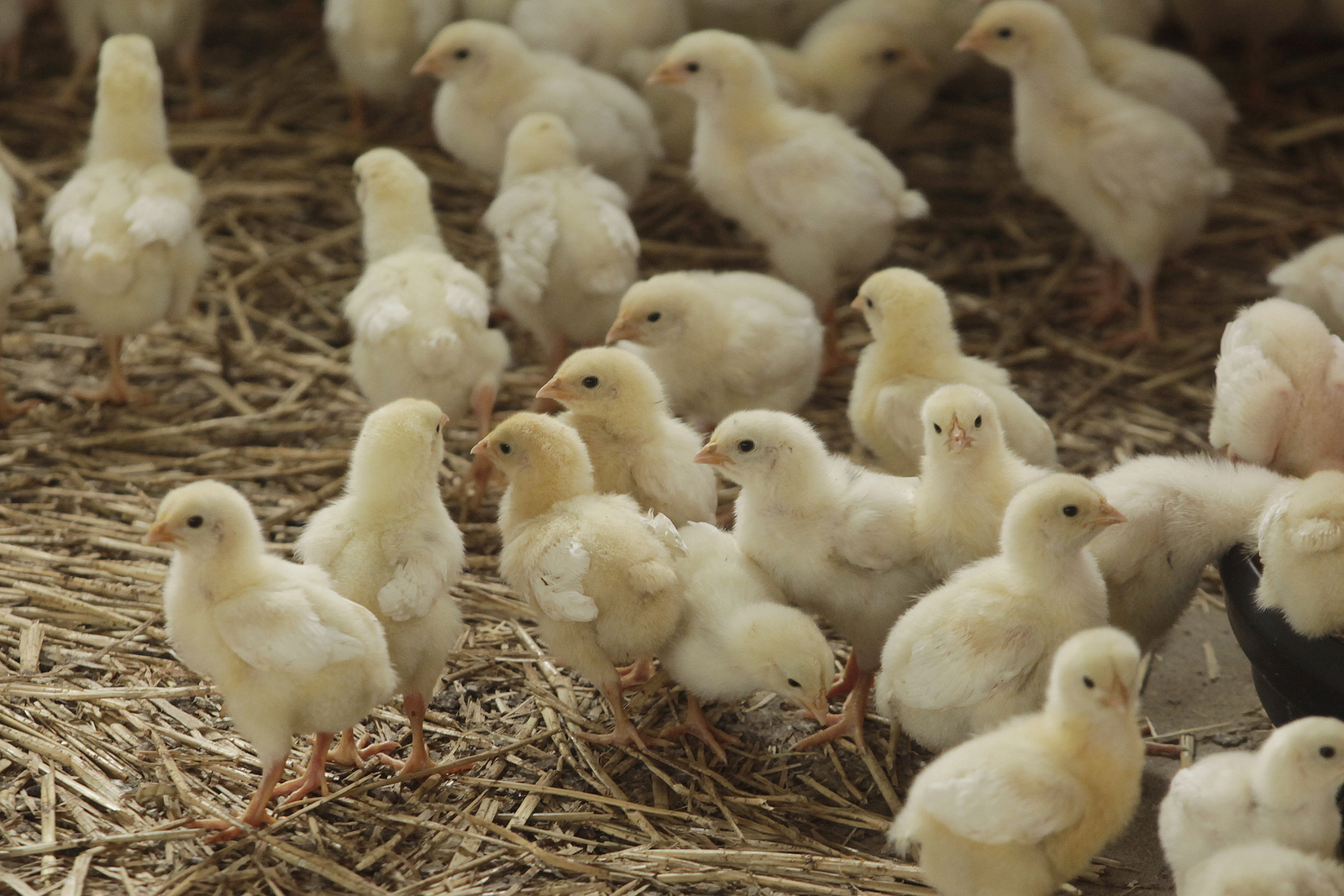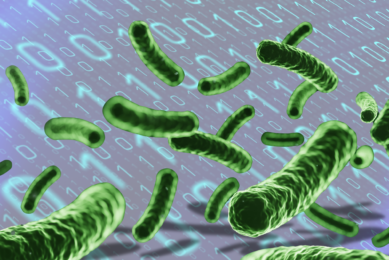Protect gut health to reduce pathogen effects

The new challenge to poultry producers is to improve production despite rising feed costs, as well as address increased opposition of the use of antibiotics as a means of pathogen control.
A healthy gut means achieving optimal bird performance, ultimately meeting or even exceeding the producer’s bottom line. Many key areas of poultry performance, such as feed conversion, body weight and average daily gain, are affected by gut health. Birds are subjected to environmental factors that can actively influence their health, but years of research has come to a conclusion for solving one of the most prevalent problems many poultry producers face.
Pathogen prevalence
Healthy birds produce healthy products for consumers. It seems simple, but as antibiotics continue to be more controversial in the market and potential for pathogens to become resistant, the concept has become much more complex.
Salmonella continues to be one of the most prevalent pathogens responsible for human and poultry infections. Foodborne Salmonella is the most common cause of human salmonellosis. It is well documented that poultry and poultry products continue to be major contributors, with raw or undercooked eggs and poultry meat being predominant contaminants. Rising concern over both human and animal health issues has resulted in stricter rules surrounding Salmonella contamination and food safety.
Another prevalent pathogen is Clostridium perfringens, a spore-producing, anaerobic bacterium, which can lead to necrotic enteritis in poultry. Necrotic enteritis is an intestinal disease affecting broilers, laying hens and turkeys. Spores produced by this bacterium are ubiquitous in the environment and can be found in soil, water, faeces, feed and poultry litter. Clostridium is present in the gut of all birds, but is usually controlled by “good” bacteria.
Both Salmonella and Clostridium cause significant losses in the poultry industry every year. These losses include dead birds, and reduced market or decreased quality supply. Producers are left with the decision of adding antibiotics to treat the problems or changing the feed to prevent them. Until recently, producers had to choose between the two pathogens, as there was no feed additive that prevented or treated them both.
Probiotic effect
Feed cost accounts for 60-70% of the total cost of poultry production. Feed efficiency is instrumental in ensuring profits and performance. As the use of antibiotics in feed becomes increasingly restricted, producers must start examining other options to optimize production, while ensuring the health of their flocks. Production views have shifted from treatment to prevention, and probiotics are being considered as an important supplement to animal feed. Probiotics work to boost the immune system so birds are less susceptible to effects from harmful pathogens, while also maintaining a healthy gut.
The shift toward using probiotics has brought Direct-Fed Microbials (DFMs) to the forefront. The use of direct-fed microbials has earned attention as a viable alternative to traditional antibiotic therapies. DFMs comprise a variety of beneficial bacteria known to have positive effects on health and performance when administered in appropriate quantities.
Bacillus is an aerobic, endospore-forming bacterium that has shown tremendous promise as a DFM because of its inherent capacity to form spores that can withstand harsh environmental stress and transitions during storage and handling. This makes the use of Bacillus-based DFMs amenable to commercial operations as feed additives. Bacillus has been on the market for years, but in the past it has only been able to prevent one of the two pathogens from becoming problematic, rather than treating both for maximum efficiency.
Protection where it counts
SPORULIN® direct-fed microbial feed additive delivers on all counts. SPORULIN contains live organisms in the form of bacteria that offer a natural, safe and cost-effective alternative to antibiotics as a means to maintain health, support growth and aid in pathogen control. SPORULIN contains a proprietary combination of Bacillus subtilis isolates, which have been shown to diminish the probability of both Salmonella enteritidis and Clostridium perfringens occurrences within the bird, as well as bolster body weight and support feed conversion efficiency.
SPORULIN contains three patented strains of live Bacillus subtilis bacteria that are used to positively shift the populations of beneficial enteric bacteria and promote intestinal integrity. This unique blend supports gut function, promoting overall animal health and performance. When compared to a diet containing 50 grams per ton of an antibiotic feed premix and a non-medicated control diet, SPORULIN significantly outperformed the other treatments by improving the final body weight and feed conversion ratio by approximately five points (Figure 1-2). Improving the efficiency of converting feed to meat ultimately brings about a greater return on investment and increased profitability.


Unlike some other forms of probiotics, SPORULIN is spore-based, which allows for greater stability and heat resistance (Figure 3), making it ideally suited to withstand the high-temperature conditions of pelleted feed. Better survival rate during pelleting means a higher spore count in the finished feed, which ultimately preserves feed quality and enhances bird health and performance.

Conclusion
Poultry producers must follow the increasingly stringent Salmonella restrictions handed down by governing agencies. These groups have asserted it is possible for producers to control, reduce or prevent Salmonella from setting up residence in poultry flocks as evidenced by the fact that troubled processing facilities have been able to reduce Salmonella levels following a failed test. Producers need a viable solution to ensure they meet these new regulatory standards.
The more options producers have to move away from antibiotic use, the better. If those options provide more nutrient availability to the animals, it is even more beneficial. Improving efficiency will, in turn, increase profitability and make for healthier animals. SPORULIN has the ability to support gut function and provide a positive effect on multiple pathogens at once, all while withstanding unfavourable environmental conditions.











